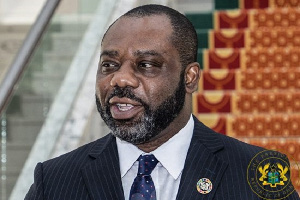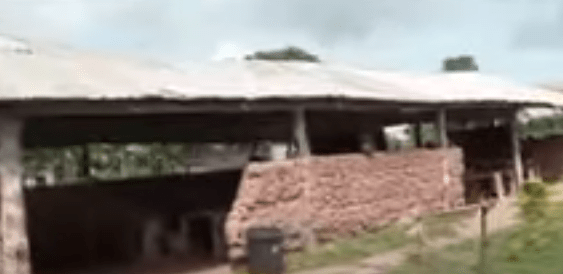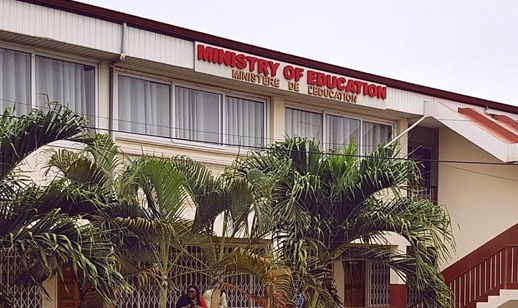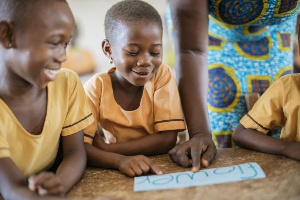Schools not reopening Sept. — Education Ministry

The Ministry of Education says there are no immediate plans to reopen schools from next month for full academic activities.
Consequently, it has called on the public to ignore reports to that effect.
“The ministry will like to state categorically that aside from final-year students who are in school, the public should disregard reports going round that all other students would go to school in September,” the Chief Director of the Ministry of Education (MoE), Mr Benjamin K. Gyasi, said in Accra yesterday.
Position
Speaking at the National Inspectorate Board (NIB) School Establishment and Inspection Policy (SEaIP) Validation Workshop, Mr Gyasi said that the report was a rumour and not the position of the ministry, adding, “When we get to the bridge we will cross it but we are not there yet. Once we get there, there will be a presidential directive after which the ministry will make the arrangements. But it is not true that we are going to school in September 2020.”
Schools in the country were closed on March 16, this year, due to the COVID-19 pandemic.
However, final-year senior high and junior high school students were asked to go back to school to prepare for this year’s West African Senior School Certificate Examination (WASSCE) and the Basic Education Certificate Examination (BECE).
Second-year Gold Track students were also sent back to school to complete their first semester academic work.
Validation workshop

Mrs Elizabeth Sackey (left), Deputy Greater Accra Regional Minister, Mr Benjamin K. Gyasi (right), and Dr Haggai Hilda Ampadu (middle), Executive Director, National Inspectorate Board (NIB), interacting after the opening ceremony. Picture: Maxwell Ocloo
The validation workshop was attended by managers of educational establishments in the country. It, among other things, aimed at getting their inputs into the policy which is in its final stage of development.
Mr Gyasi noted that the workshop was a follow-up to the series of workshops the NIB had started which would lead to the finalisation of the school establishment and inspection policy.
The event was to provide an opportunity for the participants to look at the draft policy that had been developed to that effect.
The NIB’s mandate, he said, was contained in two main documents: the Education Act of 2008 (Act 778) and the Revised Handbook for the Inspection of Public and Private Pre-tertiary Schools in Ghana (2018 and 2019), and that it was those documents that had guided the operations of the NIB to date.
“But where we are getting to now, we need further legislative mandate and support for NIB to ensure the effective discharge of its mandate. For this reason, since March 2020, we have identified some key policies to be developed to ensure effective and efficient discharge of the mandate of NIB, still based on Education Act of 2008 (Act778) and the Education Regulatory Bodies Bill which has gone full cycle through the parliamentary process and awaiting presidential assent,” he said.
Policy
The MoE chief director said the school establishment and inspection policy about which the workshop was held sought to outline the legal requirements that schools needed to satisfy before they could establish themselves as educational facilities in the country.
In addition, the policy will set out NIB processes and procedures in undertaking school inspection and serve as a guide for schools’ self-evaluation towards improving learning outcomes, Mr Gyasi stated.
“This draft policy has gone through a series of technical reviews and consultative workshops where the NIB’s major stakeholders have perused the document to ensure that it is consistent with NIB’s operations and that of the stakeholders that the NIB works with,” he stated.
He encouraged the participants to feel free and critique the document and make inputs “so that at the end of the day, you can own the document yourself.”
Prioritise foundation education
The Deputy Greater Accra Regional Minister, Mrs Elizabeth Sackey, said there was the need to prioritise education for children to develop themselves physically, mentally and socially.
She said it was for such reasons that the government was investing so much in education so that every child of school age would have access to it, irrespective of the social standing of their parents.
“You would agree with me that for the education system to work well, we need a functional school establishment inspectorate to ensure compliance with rules and regulations,” she said.
Source: Graphic.com.gh




